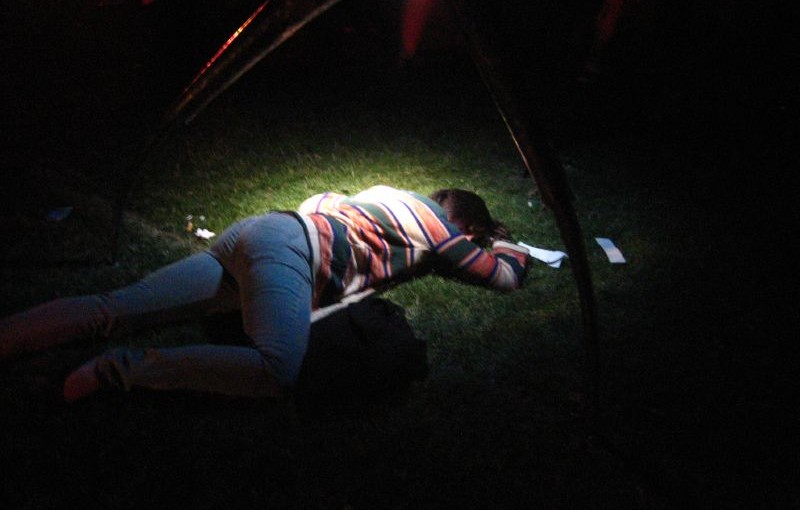If you have fainted before, you know that moment of blackout can be confusing, disorienting or even scary. But how do you know if you need to seek medical advice?
Fainting can be an indicator of a serious medial problem. Let’s take a closer look into what fainting is and what it means.
What is fainting?
Fainting is defined as a brief loss of consciousness due to temporary shortage of blood flow to the brain. The medical term for fainting is “syncope.”
It is serious?
Most of the time, a single fainting incident is not a serious concern. These non-serious fainting episodes can be caused by a couple of different things.
One is the vasovagal reflex. The vasovagal reflex can be triggered by everyday events like fear, pain, stress, holding your breath, coughing, or even urinating. Because of its link to a trigger, this cause for fainting is usually easy to identify.
Another non-serious cause of fainting is orthostatic hypotension. This refers to a sudden drop in blood pressure, triggered by a change of position. Common causes for this include standing up too fast, becoming dehydrated, or taking certain medications.
However, fainting can be a sign of very serious medical conditions, so experts advise that any fainting incident be treated as a medical emergency.
These conditions include heart or blood vessel issues like heart disease, a blood clot in the lungs, or a heart vale problem. It can also be a sign of a nervous system problem like a seizure, stroke or transient ischemic attack (or TIA—also known as a mini-stroke).
What to do
If you feel faint, lay down or sit and put your head between your knees. This can restore blood flow and prevent a blackout.
But if you do pass out, always get medical attention. Experts recommend that any loss of consciousness like fainting be treated as a medical emergency.
Always Seek Medical Advice
As many as 4 in 10 people will faint at least once in their lives, according to Patient. Though it’s usually nothing to be concerned about, fainting can be a sign of a serious medial problem, so you should always seek medical advice following an episode.
